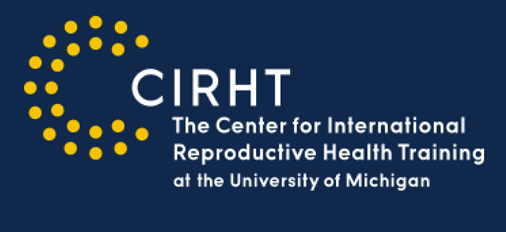Speaker
Description
Sexual and reproductive health (SRH) remains a critical public health issue in Cameroon, particularly in rural areas like the Obala district, where maternal morbidity and sexually transmitted infections (STIs) rates are concerned. Despite national efforts, gaps in knowledge, attitudes, and practices (KAP) hinder access to essential services. This study aimed to assess the KAP of women of reproductive age (18-49 years) and healthcare providers regarding SRH in Obala, identifying barriers and improvement strategies. A mixed-methods cross-sectional study was conducted from 2024 to 2025. The quantitative phase included 360 randomly selected women, surveyed via a standardized questionnaire. The qualitative phase involved 18 semi-structured interviews with women and 7 with healthcare providers, analyzed thematically (Bardin). Quantitative data were processed using GraphPad Prism 8.01.
Results:
- Knowledge: 66.11% of women had heard of SRH, but only 3.89% understood obstetric care. Known contraceptive methods were condoms (84.44%) and pills (35.56%).
- Attitudes: 65.83% perceived services as inaccessible, citing high costs (31.39%) and poor service quality (26.11%).
- Practices: 48.33% used condoms, while 78.61% relied on social media for information. Interviews revealed distrust in modern methods ("It can cause infertility", P3) and reliance on family advice ("I ask my mother", P1).
- Healthcare Providers: Nurses (71% with >10 years of experience) highlighted equipment shortages ("The delivery table is outdated", P1) and cultural resistance ("Tradition forbids some practices", P1).
The results reflect urban-rural and generational disparities, consistent with Fubam et al. (2022) in Cameroon. Misinformation and stigma emerged as key barriers, worsened by infrastructural gaps. An integrated approach is needed, combining community education, local service strengthening, and engagement of traditional leaders. Social media could be leveraged to reach youth.
Keywords: Sexual and reproductive health, knowledge-attitudes-practices, healthcare access, Cameroon, contraception.


